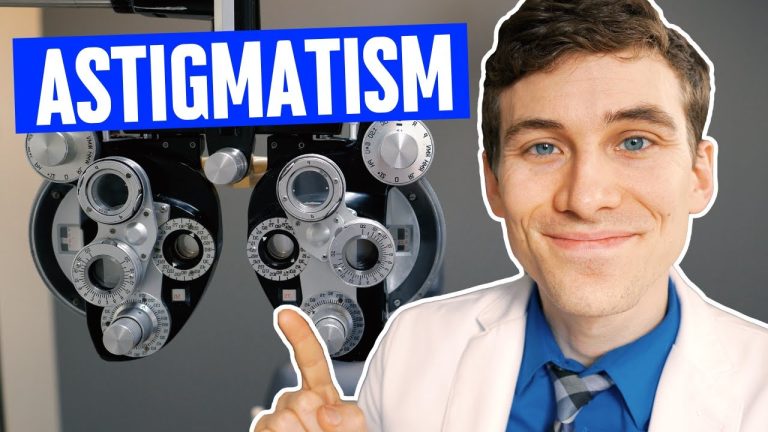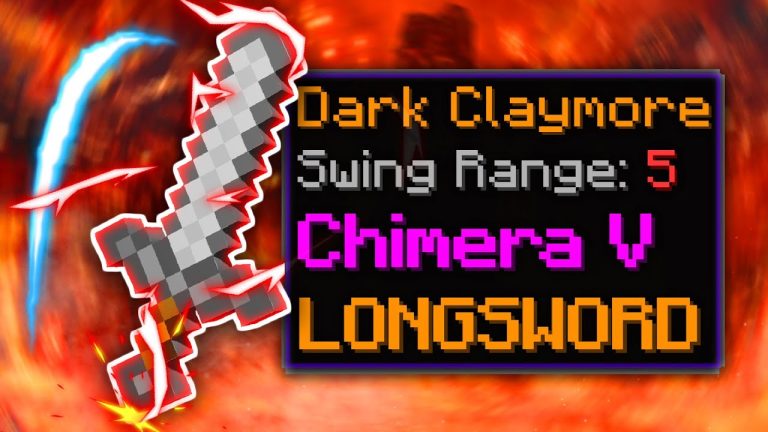10 Things You Need to Know Before Getting Vision Correction Surgery
For many people, vision correction surgery can be a life-changing procedure that eliminates the need for glasses or contacts. This surgery has become increasingly popular over the years, and with technological advancements, it has become safer and more effective than ever before.
Two of the most common types of vision correction surgery are LASIK and PRK. LASIK, or laser-assisted in situ keratomileusis, involves creating a flap in the cornea and using a laser to reshape the underlying tissue. PRK, or photorefractive keratectomy, instead removes a thin layer of the cornea before using a laser to reshape it. Both procedures can correct nearsightedness, farsightedness, and astigmatism.
The Benefits of Vision Correction Surgery
The benefits of vision correction surgery go beyond just aesthetic reasons. For one, it can greatly improve a person’s quality of life. No longer having to rely on glasses or contacts can make daily activities such as driving, exercising, and working much easier and more convenient.
Vision correction surgery can also save individuals money in the long run. The costs of glasses, contacts, and solution can add up quickly over time, and vision correction surgery can eliminate or greatly reduce these ongoing costs.
Is Vision Correction Surgery Right for You?
While vision correction surgery may seem like an enticing solution, it’s not the right choice for everyone. Those with certain medical conditions or eye problems may not be eligible for the procedure. It’s important to schedule a consultation with an experienced eye surgeon to determine whether vision correction surgery is right for you.
Preparing for Surgery
If you and your surgeon determine that vision correction surgery is the right choice for you, there are a few things you should do to prepare for the procedure. This may include stopping certain medications, wearing glasses instead of contacts leading up to the surgery, and arranging for a ride to and from the surgery center on the day of the procedure.
The Procedure and Recovery
The actual surgery itself usually takes less than half an hour and is typically performed under local anesthesia. Most people are able to return to work and normal activities within a few days after surgery, though full recovery may take several weeks. Your surgeon will provide detailed instructions for post-operative care to ensure optimal healing and results.
Final Thoughts
Vision correction surgery can be an excellent option for those looking to improve their overall quality of life and reduce ongoing costs associated with glasses and contacts. However, it’s important to carefully consider whether the procedure is right for you and to find an experienced eye surgeon to guide you through the process.
- Consider the benefits and drawbacks of vision correction surgery before making a decision
- Schedule a consultation with an experienced eye surgeon to determine your eligibility for the procedure
- Prepare for the surgery by following your surgeon’s instructions and arranging for transportation to and from the surgery center
- Take proper care during the recovery period to ensure optimal healing and results
Contents
Most wanted in Hoya Vision:
What brand lenses does Costco use?
Hoya Lens Engravings
What’s the rarest eye color?
Which lens is better Alcon or Johnson and Johnson?
How to Choose the Right Temple Type for Your Glasses
Hoya Sensity Vs Transitions Xtractive
What’s the difference between 1.5 and 1.6 lenses?
1.53 Trivex Impact Resistant
What lenses do Costco use?
Should eyeglasses cover eyebrows?
















